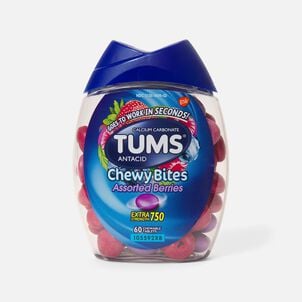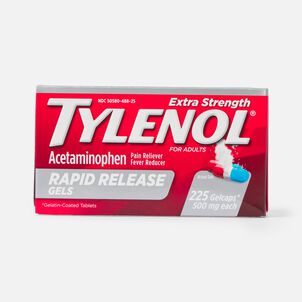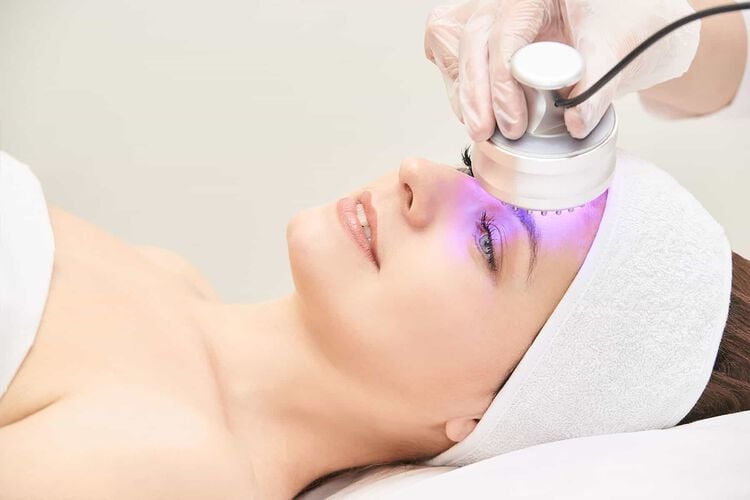What do breast augmentation, liposuction, tummy tucks, rhinoplasty and eyelid surgery have in common? They are the top five cosmetic surgery procedures among women. And, did you know that a little over 1 million cosmetic procedures were performed on men in 2019?
Cosmetic surgery is more popular than you might realize. According to statista.com in 2019, $6.5 billion went into total plastic surgery procedures. Well-known TV shows such as Nip/Tuck accentuate people’s desires to look good (even if the show admittedly has a twisted plot).
FSA Guidelines on Cosmetic Surgery
Because plastic surgery is typically not used to treat a medical condition, it is not considered an FSA eligible expense. Any changes to appearance without a valid medical reason are not reimbursable.
Does that mean cosmetic surgery is never covered?
No, it depends on the circumstances. As this IRS 2020 Publication shows, cosmetic surgery may be eligible if it’s performed to treat a birth defect, a disfiguring disease, or to treat trauma.
For example, breast reconstruction after a mastectomy and reconstructive surgery on the face would be covered.
The following procedures do not qualify as FSA eligible under any circumstance:
- nonsurgical procedures such as hair transplants, hair removal, microdermabrasion, and chemical peels.
- surgical procedures including liposuction, breast augmentation, face lifts, and tummy tucks.
Learn more about FSA eligible expenses via the FSA Learning Center.


















